While researching for my paper, I ran across the idea that there is a spectrum of gaming. On one side is simulation, which attempts to be as real as possible. On the other side is fantasy, which takes advantage of the medium to allow people to enjoy situations and worlds not confined by social, physical or time considerations.
For those who enjoy the fantasy aspect, I was struct by the fact that many of these games, while not being ‘real’ contain ‘realism.’ I’m not an expert at all in this form of gaming, but it struck me that fantasy games tend to be entirely based on ‘realistic’ gameplay and the fantasy portion is merely a tweak. How much fun would a game without gravity, time, light, sound, life, or space be?
More interesting to me is why people play simulations. I have always enjoyed games with strong economic simulators (Railroad Tycoon 3, Capitalism II ect), and to me the joy comes from having an environment to do what I’d like to do; I’m limited by money, and time, so gaming allows me to do what I can’t do in reality.
But what about people who play simulators like Euro Truck Simulator 2 and Farm Simulator 2014 (a game, I’m embarrassed to say I bought on a whim, and played for all of 5 minutes)? Who would play a game that simulates even the most mundane aspects of a job?
The BBC has an interesting article to this effect: http://www.bbc.com/news/technology-28238064
For some of the people interviewed, game play offers an opportunity to do what they can’t. One woman with spinal damage uses Euro Truck Simulator to drive through Europe, something she’s physically restricted from doing. For others though, the gaming environment allows players to enjoy professions that they would have liked to do, but for various reasons didn’t.
I’d like to propose something that I’m sure we as law students are all familiar with, but something that I’ve never seen expressed.
Life for us, at least in North America, is a series of exclusionary choices. When you’re 18 there are an unlimited number of choices to life. The decision to go to university reduces some possibilities (to focus on a band, to join the army, to be a competitive gymnast), just as the decision to go to UBC Law reduces others (becoming a doctor, practice law in other jurisdictions, rebuild the band). Life is filled with these exclusionary types of decisions, which is how you end up as a 29 year old securities lawyer living in Kits occasionally performing with a mediocre band and consoling parents who are disappointed you’re not a doctor.
Simulation games help us in our exclusionary choices in two ways. First by minimizing the opportunity cost, and second, by helping us make more informed decisions.
For those who dreamed of the exciting life of a military helicopter pilot, the existence of simulators means that your decision to become a securities lawyer hasn’t precluded you from that experience. As shown in the BBC article, the sons of farmers enjoy playing Farm Simulator, but choose an urban life. This function of videogames allows us to minimize the ‘regret,’ and it also helps us make better decisions.
One article I read said that more people had been introduced to urban development by Sim City than all other sources combined. Simulations allow us to experience the results of a decision before making the decision. I am unable to stay on a motorcycle in GTA for more than a few seconds before crashing – something that makes me terrified of owning one. Likewise, Flight Simulator has shown me just how exceptionally bored I would be as a pilot.
What does this have to do with law? First, simulators face legal constraints when trying to provide realistic simulations. These constraints mostly come from trademarks and copyrights. Games may face restrictions modelling an Airbus 380, or replicating the Fender Stratocaster. Businesses and buildings can receive protections limiting a game developer’s ability to portray McDonald’s restaurants, or the famous castle at Disney Land. In the US there are some First Amendment protections, but it isn’t clear to me what protections exist in other jurisdictions.
It may seem like a stretch, but perhaps simulations should gain legal protection. Human lives are finite, the time to make decisions are limited, and the consequences endure. In economics speak video games could increase utility and efficiency, by reducing ‘life corrections’ and keeping people from making regrettable decisions based on poor information.


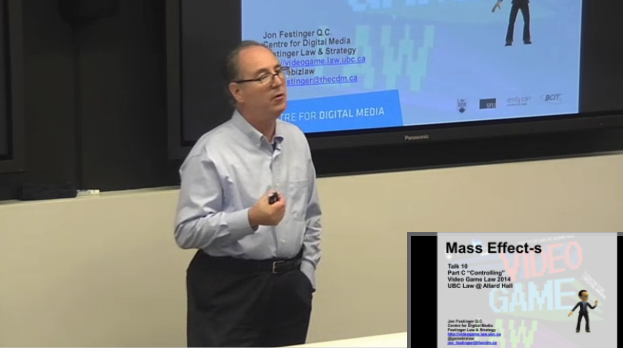
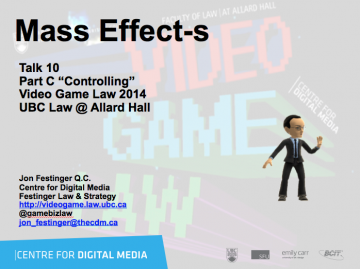
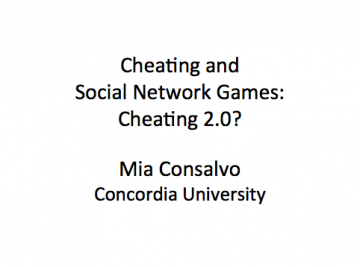
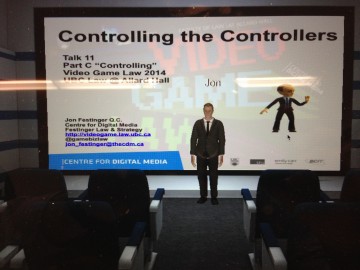
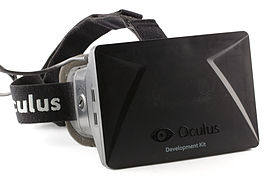

 Communications Law
Communications Law